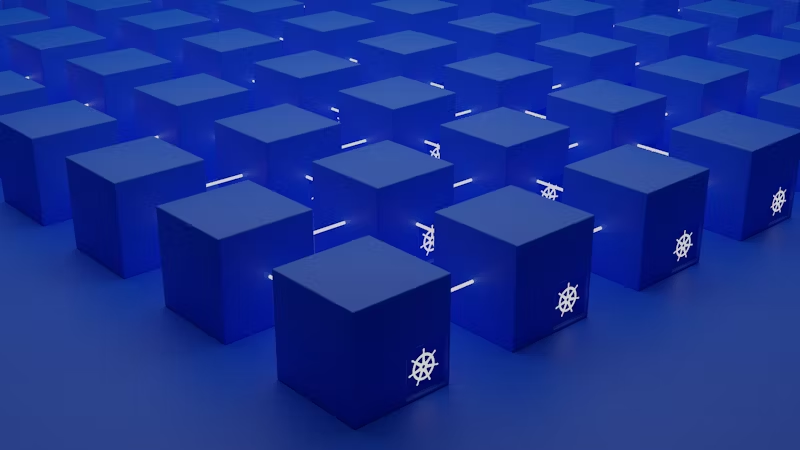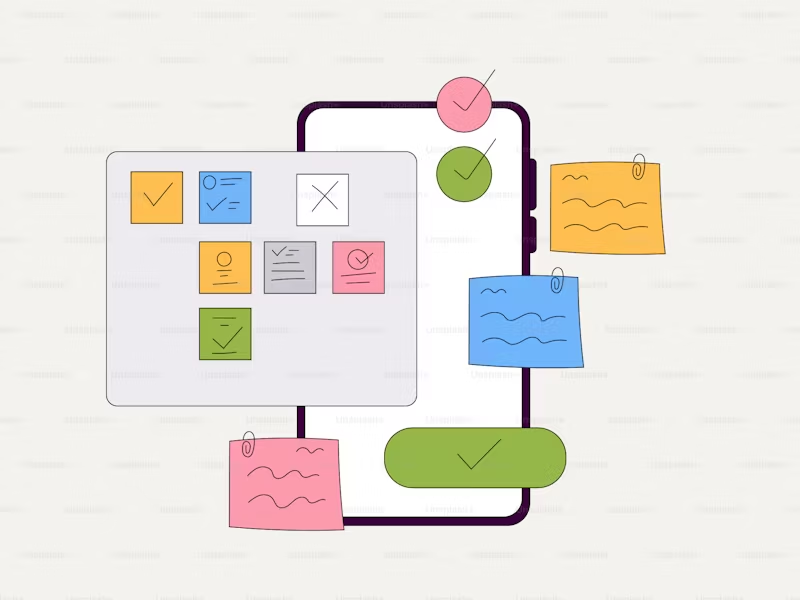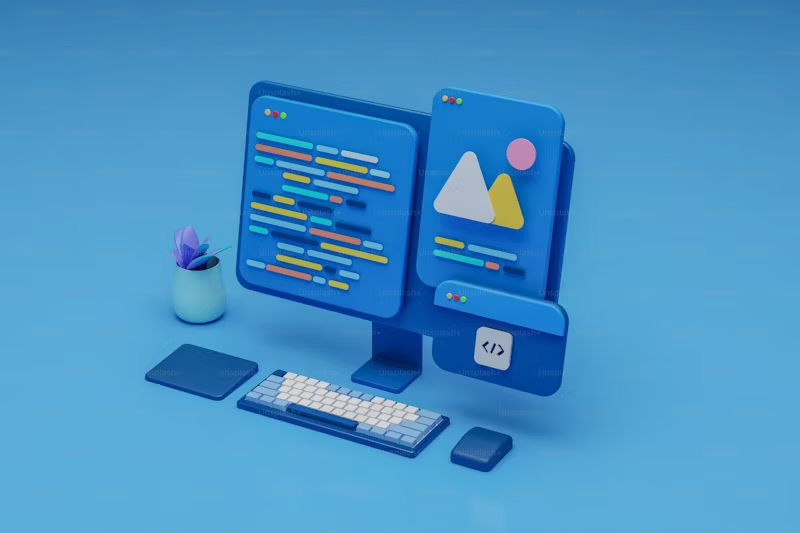AR Tags and their Applications in Computer Vision Tasks

Ku Wee Kiat, Research Computing, NUS Information Technology, on 28 May 2021
Augmented Reality Tags or AR Tags in short are commonly used for augmented reality applications. Our focus today is not on the augmented reality applications of AR tags, instead we will be focusing on AR tags usage in computer vision tasks.
Topic Modelling with Language Transformers

Kuang Hao, Research Computing, NUS Information Technology, on 28 May 2021
A recurring subject in text analytics is to understand a large corpus of texts through topics. During the analysis of social media posts, online reviews, search trends, open-ended survey responses, understanding the key topics will always come in handy.
High Resolution Modelling of Weather and Climate over Singapore and Southeast Asia

Dr. Nguyen Ngoc Son & Dr. Sri Raghavan, Tropical Marine Science Institute, NUS, on 21 January 2021
The researchers from the Climate and Water Research cluster at the Tropical Marine Science Institute (TMSI) use the National Supercomputer Centre’s (NSCC’s) supercomputing resources to investigate how the climate and weather impact the region, by using complex computer models at high spatial resolutions of 400m over the entire Singapore.
Unlocking the interactive physics in two-phase chemically reacting flows with high-performance computing

Asst. Prof Zhang Huangwei, Department of Mechanical Engineering, NUS, on 21 January 2021
Two-phase chemically reacting flows widely exist in engineering practise, such as propulsion system, power generation, industrial hazard prevention, and nanomaterial flame synthesis. Normally they include dispersed droplets or particles in a continuous gas phase field, where elementary chemical reactions proceed. Comprehensive interactions occur between these two phases, which however renders it difficult to accurately articulate how the dispersed droplets behave and influence the reacting flow dynamics. As a research team in NUS, we aim to unveil the underlying interactive mechanisms behind the chemically reacting flows based on high-fidelity numerical simulations and advanced data analysis method.
Kubernetes : Managed versus DIY. Which one to choose?

Kumar Sambhav, Research Computing, NUS Information Technology, on 21 January 2021
Containerization has brought a lot of ease to dev-ops, scientific computing, AI research and data analytics. Though containerization has its benefits, it becomes really tedious to manage containers for high scale application wherein hundreds if not thousands of containers need to be orchestrated. Kubernetes has emerged as the de-facto choice for container orchestration and management. Kubernetes simplifies a lot of things but has some management overheads of its own. The question which then arises is “Which form of Kubernetes deployment would be suitable for an organization?”
Understanding PBS Job submission in HPC Cloud

Yeo Eng Hee, Research Computing, NUS Information Technology, on 21 January 2021
The PBS Pro job scheduler is the ubiquitous tool in our HPC clusters, that takes care of the demanding task of managing all the HPC workloads running on each compute node in all our clusters. With the introduction of the cloud, the computational clusters have become more dynamic and the cloud’s flexibility and agility allow us to create clusters that are more homogenous than the multi-generational hardware in our data centres. As such, a new way of defining queues is introduced, to make it easier for users to specify their HPC jobs in the cloud.
Get Better Performance for Your Machine Learning

Wang Junhong, Research Computing, NUS Information Technology, on 21 January 2021
MLPerf benchmark was carried out on one of the central shared 4-GPU servers with different configurations on the number of GPUs and the input batch sizes. The computing performance and the different configurations are compared. Good performance is demonstrated by the GPU server when running the MLPerf case on all 4 GPUs. Users are recommended to run a quick benchmark to find out the right GPU configuration and the right batch size to achieve optimal performance.
Functional Programming in R using purrr

Vamshidhar Gangu, Research Computing, NUS Information Technology, on 21 January 2021
FP (Functional programming) is a programming philosophy based on lambda calculus and is very much suitable for data science. In functional programming, your code is organised into functions that assist you to perform the operations you need. Your scripts will only be a sequence of calls to these functions, making them easier to understand. The purrr package extends R base functional programming capabilities with some very interesting functions. Here we learn some of the functions that make FP easier in R.
Easy NLP with TextBlob

Kuang Hao, Research Computing, NUS Information Technology, on 21 January 2021
Natural Language Processing (NLP) is getting more and more popular. Captivating as it is, there is quite a steep learning curve for NLP, as it stretches across multiple research areas, from computational linguistics to artificial intelligence. For beginners, apart from NLTK, the powerful NLP toolkit I introduced last time, there is another extremely user-friendly tool: TextBlob. In this article, we will explore what TextBlob can do to make your NLP learning easier.
Starting Data Science with Julia
Ku Wee Kiat, Research Computing, NUS Information Technology, on 21 January 2021
